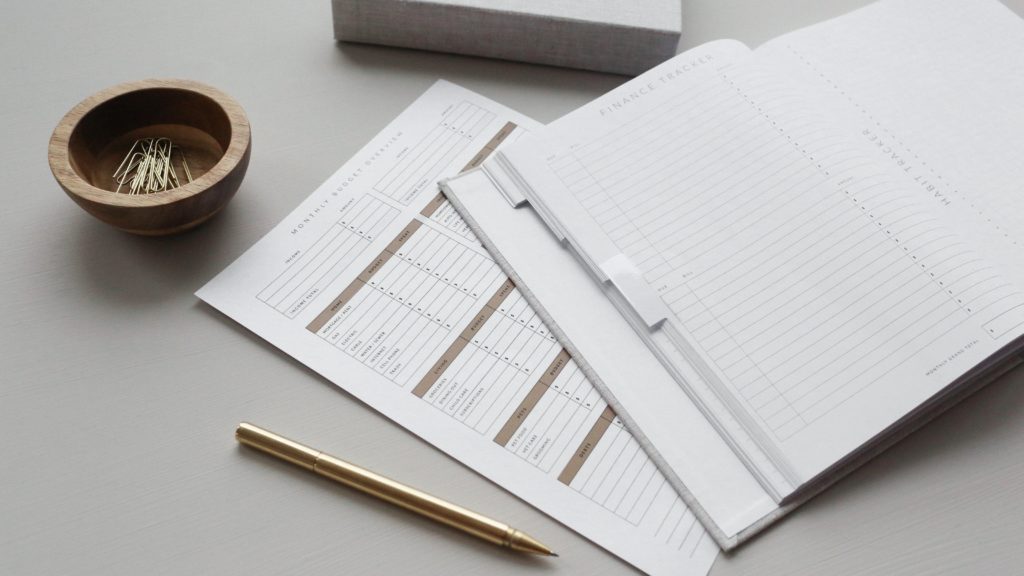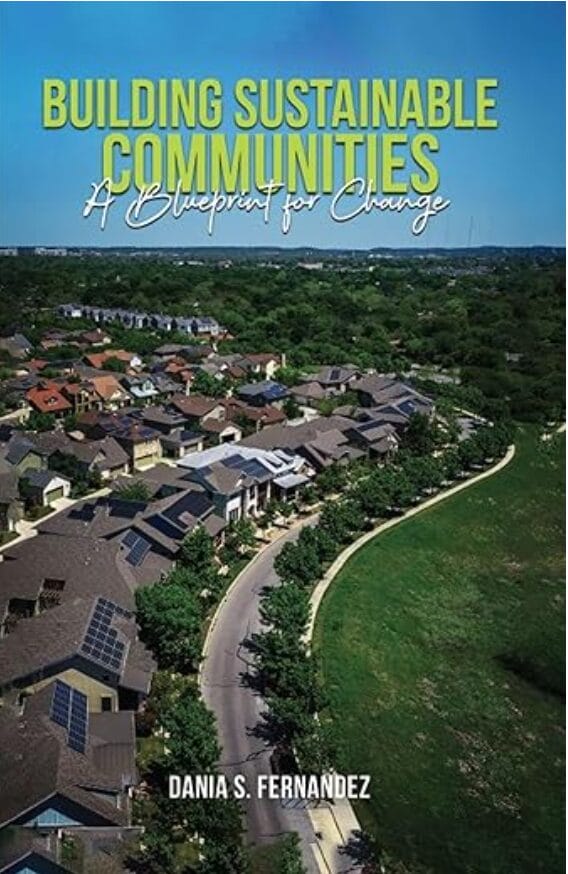
New year, new board, new budget.
It doesn’t always work that way, but it is common that one of the first things a new board of a condo or homeowner association will want to do is go over the budget and make sure that there is no looming expense that will create a shortfall.
Changing the budget can be a significant step to making a noticeable improvement in your association, but it can be a complicated process to make an adjustment and, if the new board doesn’t have a working knowledge of how the process works, it becomes near impossible to implement.
A few best practices for a new board looking at the budget the previous board was working with:
1. Know What the Budget Is For
Before you start to try and change things, it’s best to know why each item is there in the first place.
Say there is an account based on the expected life-span of the roof for your condo. If it’s expected to last another 10 years, and the replacement cost is expected to be $150,000, it’s probably a good idea for the budget to be allocating enough to have the full $150,000 in hand 10 years from now – otherwise a future board is going to have to fight to raise the funds from the owners (or will have to dip into the emergency fund).
Before and adjustments are considered, a few of the standard costs to look at:
- Utilities (like water, electricity, gas, and the like)
- Insurance
- Maintenance needs (put more money back then you think you need for this one)
- Vendors
- Property management fees
- Reserve fund contributions
2. Make Conservative Projections
One of the best tricks to a successful association budget: making conservative projections.
Unpredictable events happen all the time, so planning a budget as if nothing will go wrong is a recipe for headaches.
If something can go wrong, it’s prudent to expect it to. And it’s a sound approach to plan accordingly.
3. Analyze Every Expense
It is always a good idea to look at every line item from past data. After all, this is how you come up with projections for recent expenses. Examine the association’s expenses from the last 3 to 5 years. This way, you can get a rough draft of what your upcoming year will have in store in terms of costs.Revising a budget can be just as much work as it sounds, but it is necessary to see improvements. Give us a ring if you need help along the way!


I am a new President of an HOA Association in Florida. A budget was adopted before I was voted in and became president. The owners rejected the original budget. We did not receive the required 10% written notice but the meeting became quite contentious. We also have a new treasurer and I asked him to look at the budget and see if we can lower the new HOA fee. He put together a new budget and I’m wondering if the board can just adopt it or do we have to hold a vote of owners. No owner has produced a substitute budget.